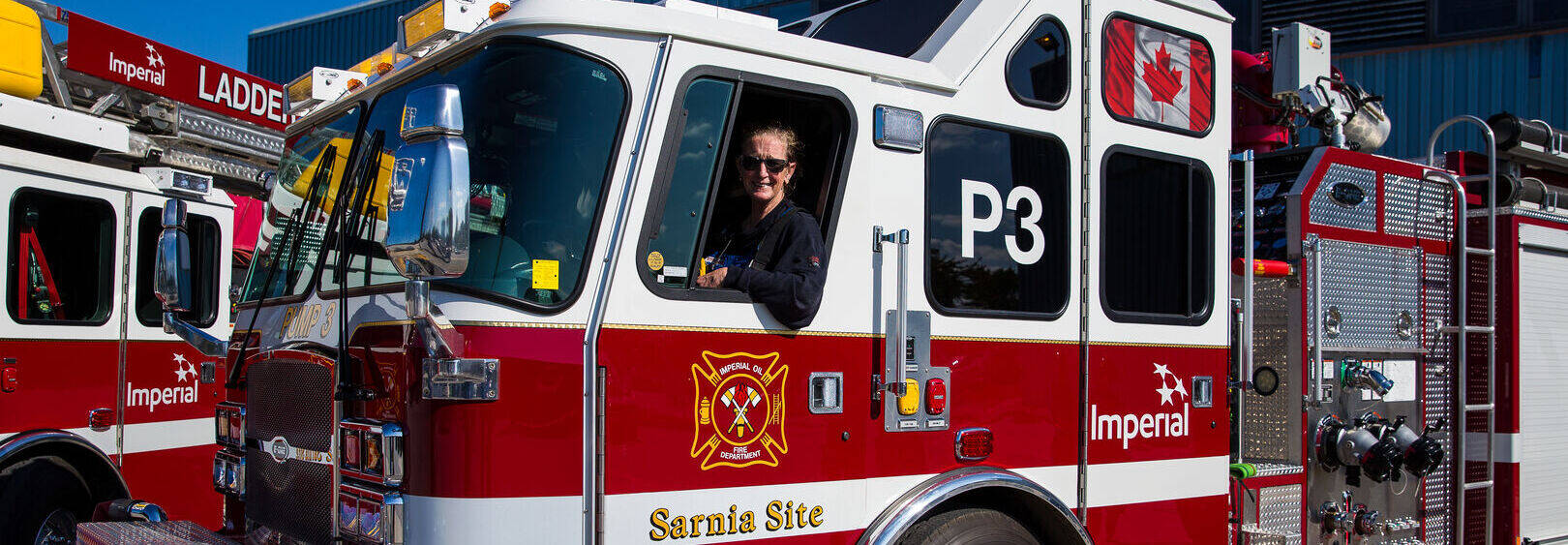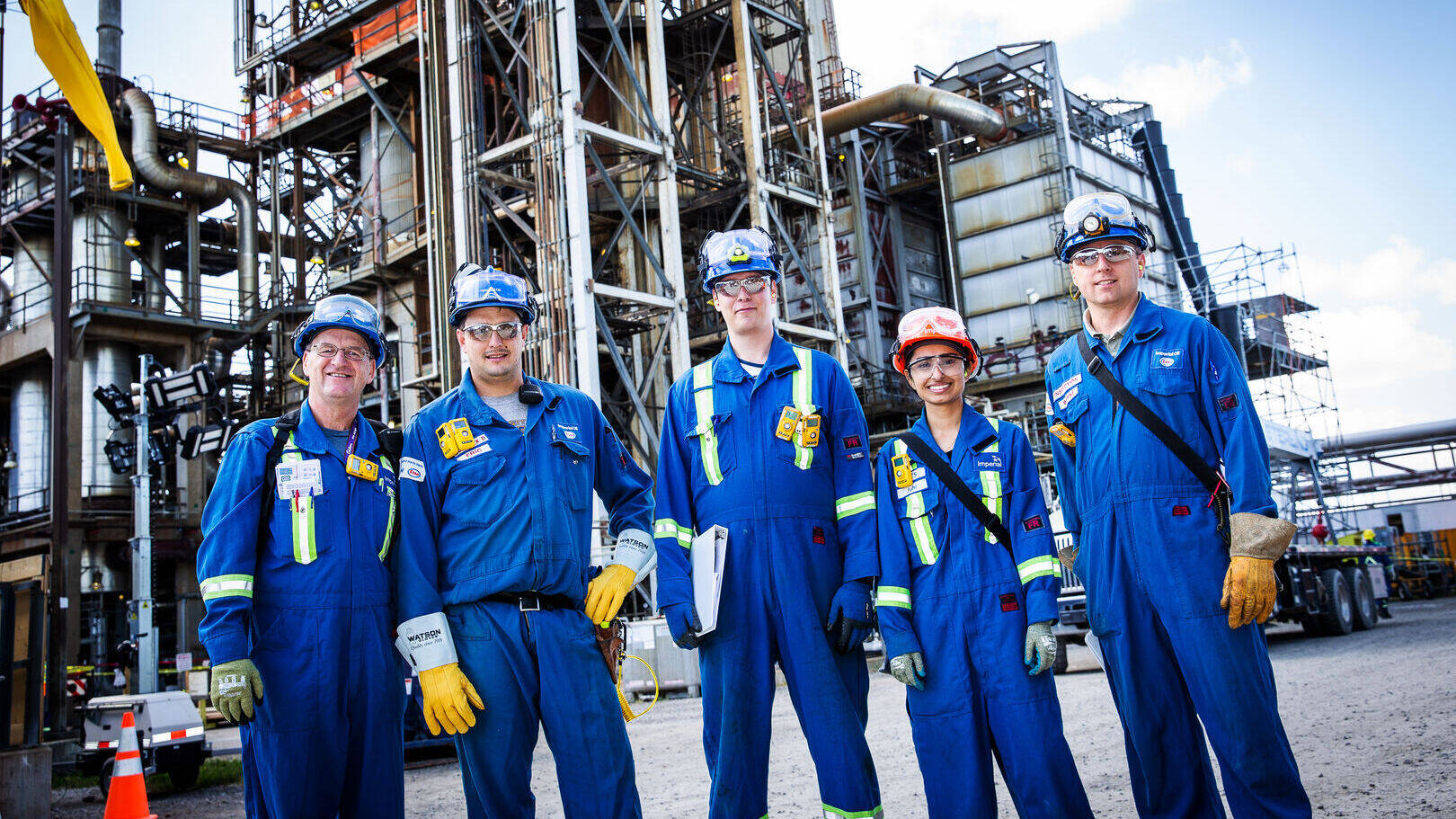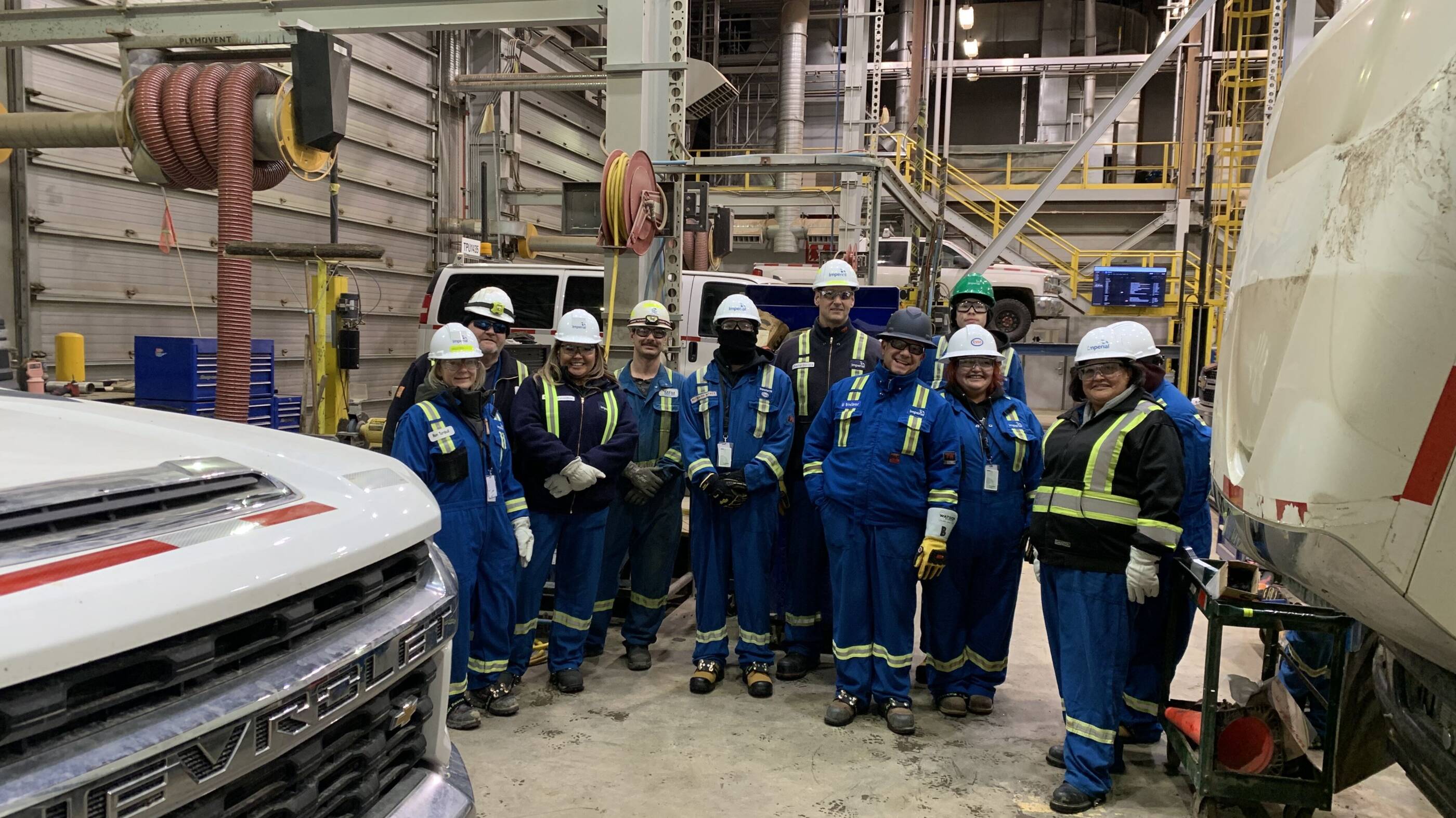selected item
Emergency preparedness and response
Emergency response preparedness is critical to ensuring that in the event of an incident, all necessary actions are taken to protect the public, the environment, our workforce and assets. We have robust emergency preparedness and response plans in place at all our facilities and operations, and our OIMS framework outlines corporate expectations. Potential risks requiring emergency response include, but are not limited to, severe weather events, pandemics, fire, or an unplanned release.
Our dedicated internal emergency preparedness and response teams ensure personnel are properly trained and that drills are being planned, executed and completed. In 2022, Imperial completed 275 emergency response simulations across our sites, many of which involve notification and participation of mutual partners and stakeholders.
What does it mean when you hear our alarms?
It likely means they are being tested. Each of our refinery sites has an emergency warning system consisting of air horn alarms which we test weekly, usually on the same day and time.
Should there be an actual emergency, you should:
- Go or stay indoors.
- Tune into the radio, community information telephone lines or our company website/Facebook pages (where available) for further instructions and until the official “all clear” has been issued.
- Do not attempt to bring your children home if they are in school or daycare. School and daycare personnel are responsible for maintaining proper procedures to protect children in their care.
- Don’t tie up the phone lines. Use the telephone only if you are reporting an emergency.
Related content





